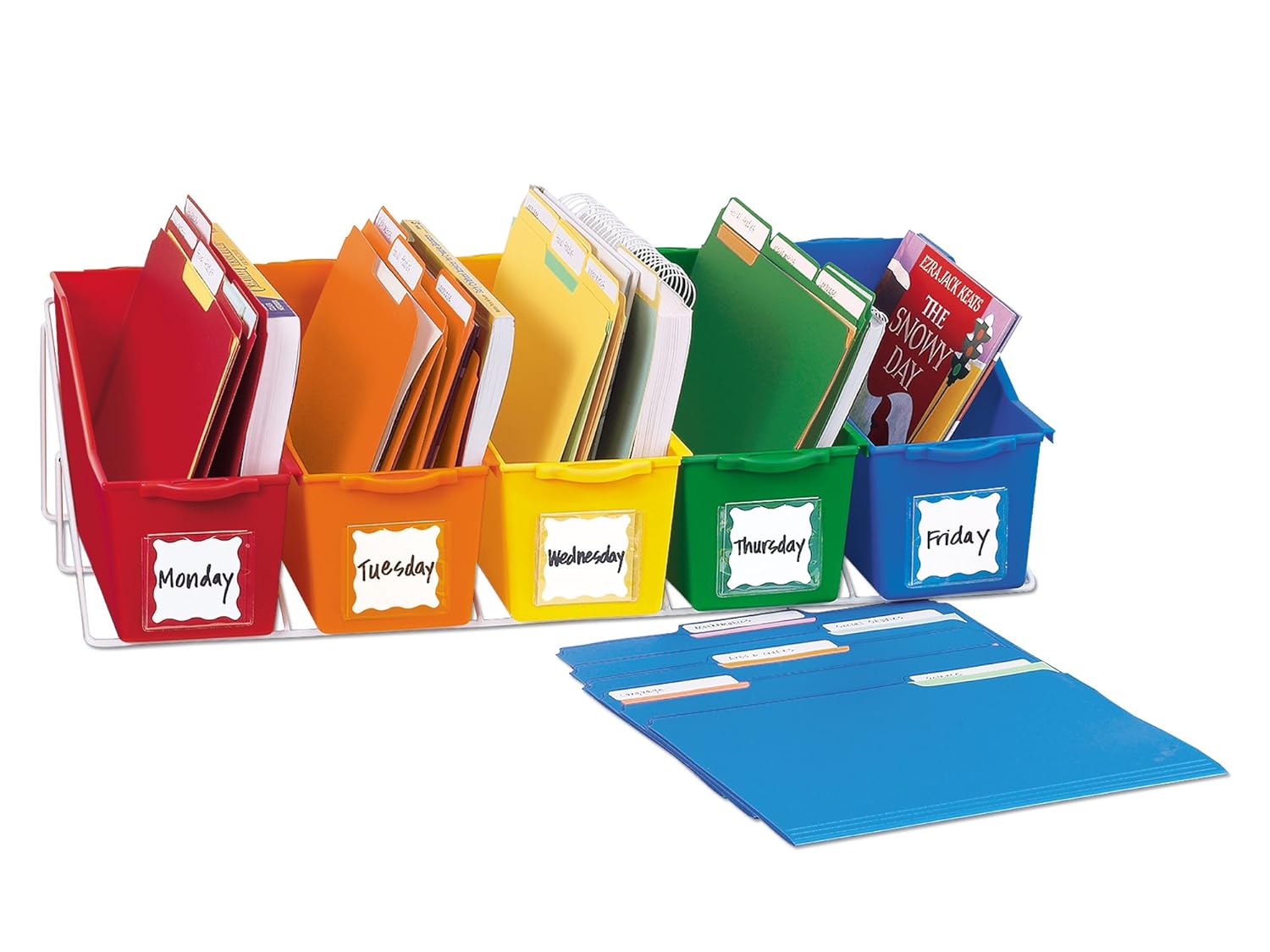
I’ve been thinking about this series for a long time. You see, I am not a perfect parent, but I have quite a bit of experience with kids, and a degree saying I’m qualified to work with them every day, so that’s something, right?
My 4 (and a half) years as a teacher taught me a thing or two about kids and their behavior, and I’ve tried to apply that thinking to my parenting. Because being a parent is hard, and we all want to do better, right?
My professional kid-focused career began when I served as the summertime nanny for my cousin’s kids as a high school student. And a professional, I was not. Those poor, sweet kids spent a lot of time watching tv while I read novels, worked on my scrapbooks, and napped with the baby. (Fast forward a few years, and that sounds really similar to my maternity leave with my second child. Ooops.)
(I think I should issue an official apology to my cousin, her husband and her children, who have grown up to be amazing high school and college students despite, not because, my involvement in their lives.)
(Apologies should also be extended to my little brother, who had to bear the brunt of my inexperience in child care. Sorry, dude. I’ll try to make it up to you someday.)
Fast forward a few years and I spent a year and a half working at an after school program for kindergarten – 6
th graders. I had two amazing bosses (Hi Erin, Robin and
Rachel!) and coworkers I loved. And because I was working towards my B.S. in Elementary Education at the time, I was able to try out many of the things I’d been learning in class
My senior year in college, I worked nearly full-time as a Child Abuse Prevention Specialist. I visited every kindergarten and 1
st grade classroom in our county, and saw over 1300 kids that year. The program I taught (Talking About Touching) helped children identify safe and unsafe touches, and what to do if abuse occurs. And during my time in this position, I was again able to put into practice the methods and techniques I was learning in my classes (and figure out what to do when a kindergartener convinces his whole class that armpits are private parts, because he
really hated being tickled.)
I did my student teaching in kindergarten and fourth grade. The fourth grade class was ½ Hispanic, ¼ English Language Learners, ¼ Talented and Gifted and ½ Special Ed (an integrated Special Ed/Gen Ed class.) Then, after graduating in December, I subbed for the rest of the year before interviewing and accepting my first teaching job as a 4
th grade teacher in a rural Iowa school district.
And so began my official teaching career, which would last exactly the average in Iowa (4 ½ years) and include three different positions (4
th grade, 4
th – 6
th Title 1 Reading and Math, and K – 12 Talented and Gifted.) I realized after signing my contract for the 5
th year that I really wanted to be home with my 3 year old and 5 month old. But licensed Talented and Gifted teachers are hard to come by in Iowa, so it wasn’t until several months later, when a former TAG teacher decided to come out of retirement to finish the year for me that my “day job” came to an end.
That was 3 years ago, and although I no longer spend my free time writing lesson plans or grading papers, I still consider myself a teacher. And when I sat down a made a list of Secrets of a Teacher that make ME a better parent, I wasn’t surprised that my list grew to more than 50 tips quickly! I’ve whittled those down to 30 of the most important and most impactful to share with you.
Because, hey, I want my B.S. + 27 graduate credits + 15 years total experience with children to continue to make a difference in this world, even though my official title has gone from “teacher” to “mom.”
(This post is part of a 31 Days series, in which I’ll be writing about the same topic everyday in October. The best way to keep up with this series is to subscribe via email here.)
By the way, I updated the “Our Little House” page! Check it out!
Shared at: Mom to Mom Monday







































